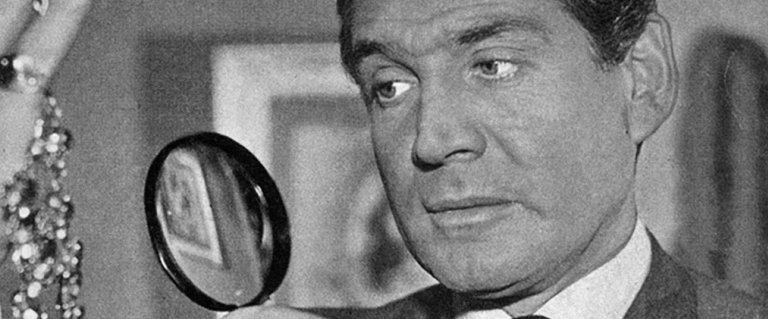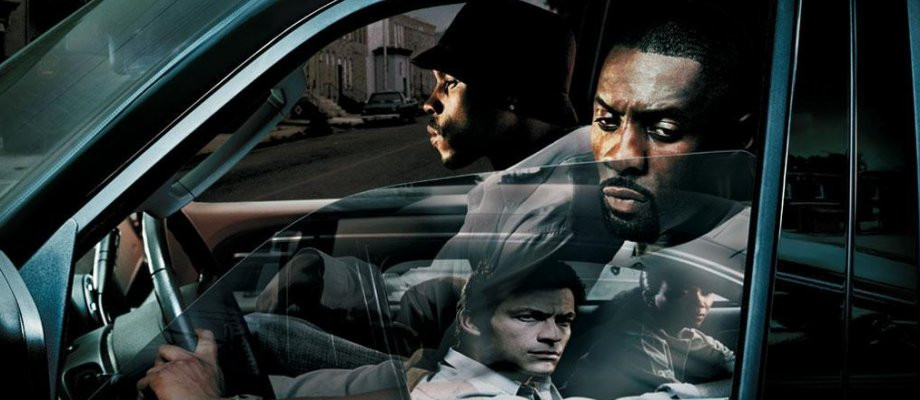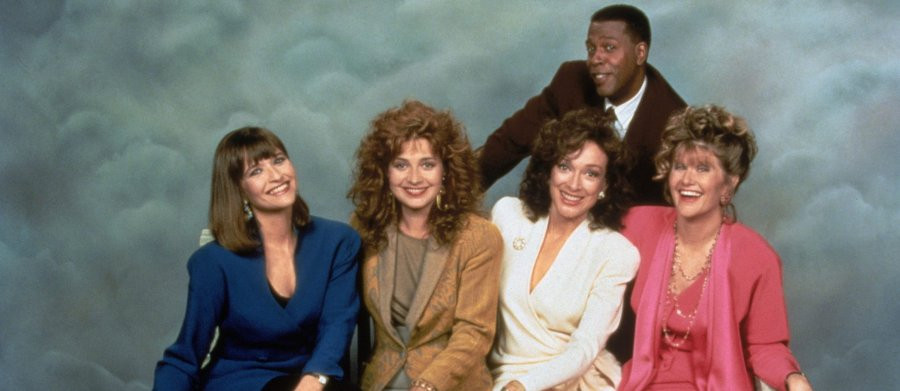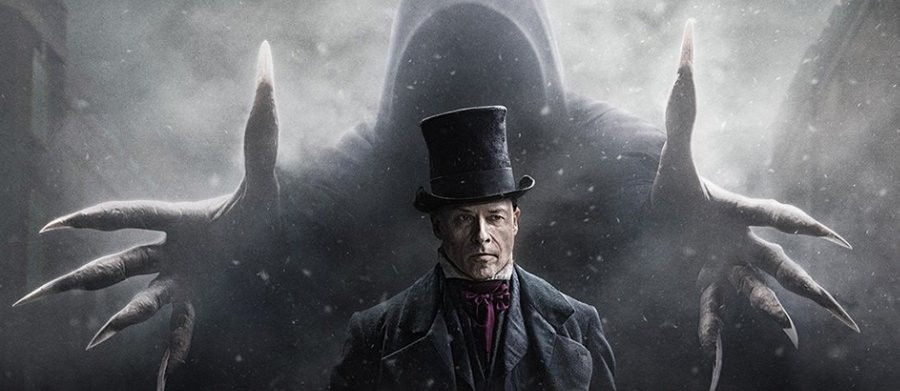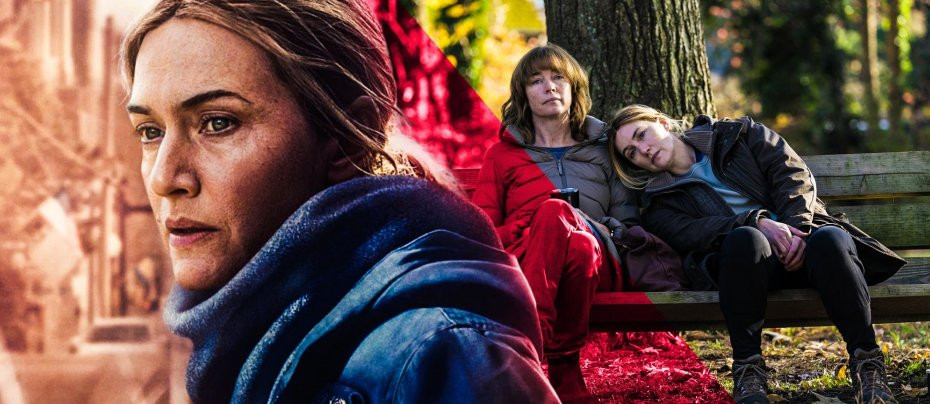
Mare of Easttown
2021 - United States‘Kate Winslet always brings a hundred per cent to her projects and Mare of Easttown is a perfect example’
Mare of Easttown review by John Winterson Richards
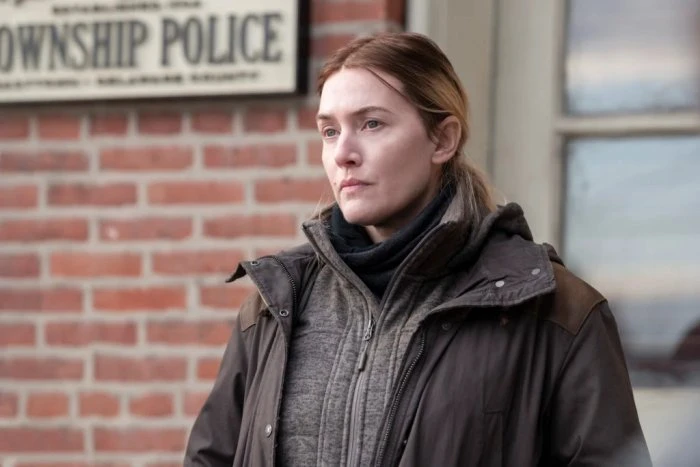
Having written reviews or season overviews of almost 200 shows for this website, one develops an eye for craftsmanship. One becomes a bit like the connoisseur of antiques who is not impressed by gold leaf and fancy carving on some huge lump of Victorian furniture, but who sees a plain looking piece and can tell by the quality of the wood, the tightness of the joints, the perfect symmetry, and the respect for detail that is the work of some great Georgian master who really cared about what he did.
Such is Mare of Easttown to the eyes of a jaded critic. The "pitch" could not have sounded promising. The basic plot is formulaic: a divorced small town detective with a chaotic personal life is searching for a missing girl when another girl is found murdered.
We have heard it a hundred times before. There is nothing unusual about our detective, no special abilities or eccentric "quirks." She is deliberately ordinary. So is the community in which she lives. It is the way that this everyday premise is developed that demonstrates the craftsman's skill.
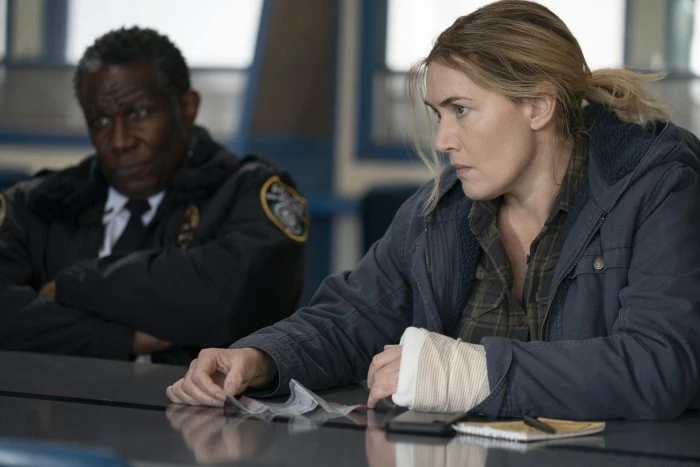
It helps to have a first division film star, an Oscar Winner and multiple Nominee, in the lead. Although her performance in the very lucrative Titanic has often been the object of satire, and some of her film choices have been questionable, it is generally agreed that Kate Winslet always brings a hundred per cent to her projects and Mare of Easttown is a perfect example.
She has relatively little television on her distinguished curriculum vitae. Not so very long ago, it would have been considered slumming it for full time "above the line" talent in feature films to commit to a regular role in episodic drama. That is changing as "streaming services" blur the boundaries. Even so, it is still unusual a star of her magnitude to play the protagonist, as opposed to a supporting role, in what is essentially a "miniseries."
That she agreed to do Mare of Easttown shows her - entirely justified - confidence in the script. She also requested, and, of course got, an Executive Producer credit for the first time. This can be an honorary title that someone of her rank can expect as of right if their ego demands it, but Winslet seems to have taken the position seriously and played an active role in the decision making, as she was also entitled to do. She threw herself completely into both her part and the production, with the result that authenticity became the priority in both.
The eponymous Mare and her world seem completely real. The show is set, rather confusingly, in a fictional community of Easttown in the real-life Delaware County - known as "Delco" - near Philadelphia in Pennsylvania. This is confusing because there really is an Easttown in Pennsylvania, but in the more rural Chester County, not Delaware County next door, which was itself formed out of Chester County. The producers evidently wanted the connection with Delaware County for its local cultural significance. To add the confusion, Delaware County is on the Delaware River, which flows through Pennsylvania to the neighbouring State of Delaware, a completely different place from Delaware County.
Part of Delaware County's cultural significance is that there is a distinct "Delco" accent, a local variation on the well known Philadelphia English accent. It is said to be very difficult to master and it is typical of Winslet's commitment to the project that she not only insisted on using it herself but, as Executive Producer, ensured the rest of the cast did the same.
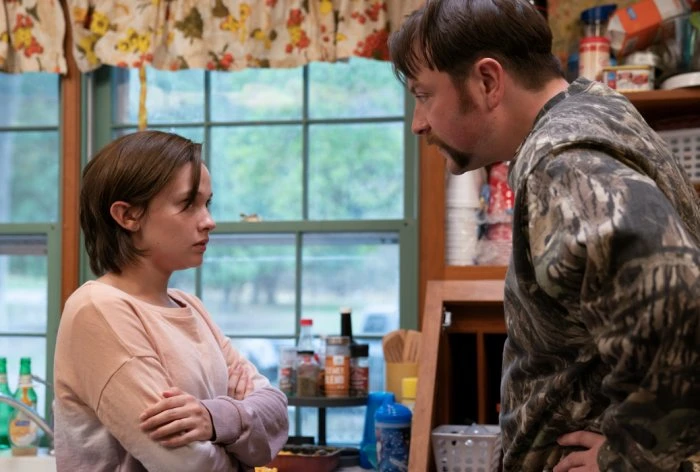
The Easttown of Mare of Easttown functions as a character in its own right. It is not poor in the sense of absolute poverty. The houses look impressive by international standards, there are lots of cars, and everyone has access to modern technology. It is only when one looks more closely that one sees how much is cheap, poorly maintained, dirty, and untidy. Mare of Easttown is for the most part the story of upper working class and lower middle class people, who might be the aspiring classes anywhere else, but here they are aspiring only to get by.
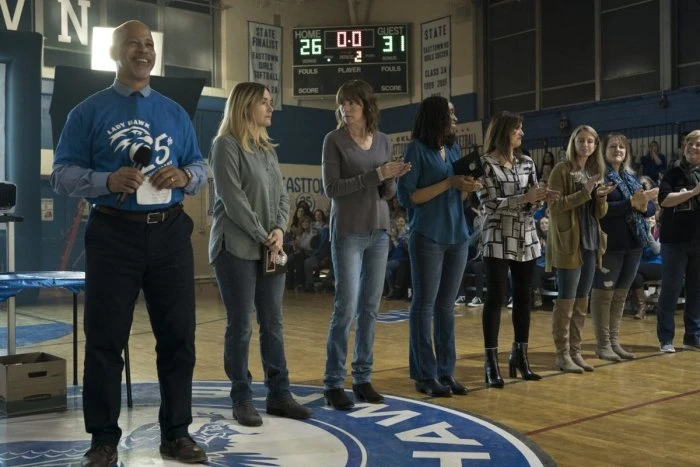
This is not the American Dream or the American Nightmare so much as the American Waking Up With A Bad Hangover. Family is still central to existence and the Roman Catholic Parish is the heart of the wider community, but the signs of social decay are all around. Everyone seems to treat drug abuse, heavy drinking, family breakdown, and sexual promiscuity as the norm. There are lots of references to family members suffering from serious illness or addiction. There is an air of sickness about the whole place.
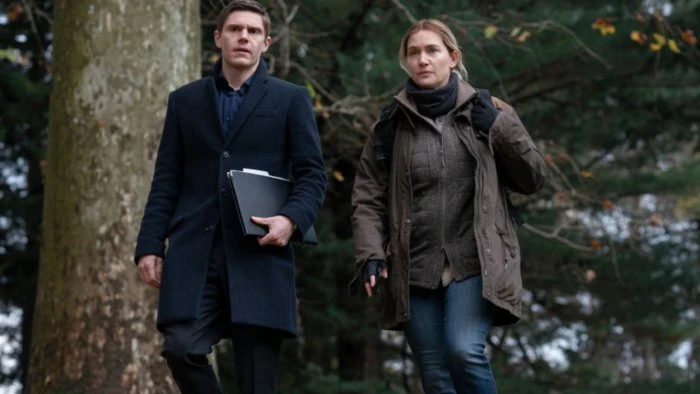
This is enhanced by the photography. The countryside in that part of the world can be very pleasant, but at first everything seems to be shot on grey days or with a filter to give the impression that it is drizzling, or it has just stopped drizzling, or it just about to start drizzling again. Later a little more light is allowed, as if Mare's investigation is bringing hope, but not much.
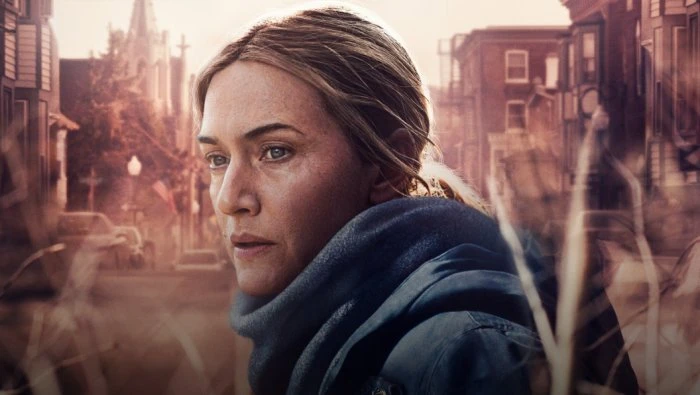
Winslet's Mare - an unflattering contraction of Marianne - is at one with her environment. This is a woman who, despite hints to the contrary, is never going to get out of the place where she was born. A young but prematurely aged grandmother, there is nothing of the glamorous film star about her. She looks worn out and worn down. This is a brave choice by Winslet, even if she lets Mare clean up surprisingly well when she goes on dates as the story progresses.
Mare's only moment of glory was twenty five years previously when she scored the decisive points in a High School girls' basketball State Championship game. That this is described as the greatest moment in Easttown's sporting history is totally believable and tells you everything you need to know about Easttown.
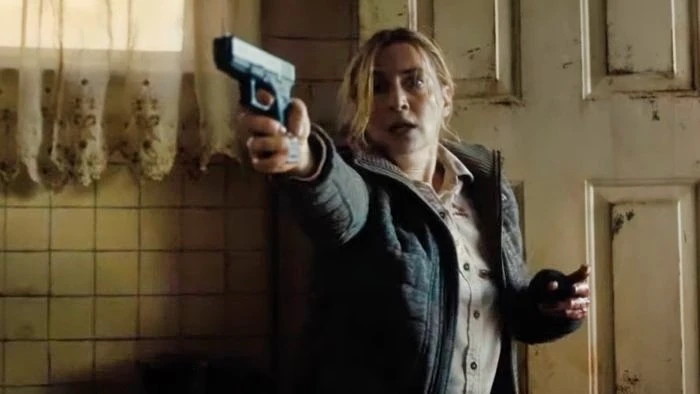
She is now employed as a detective, apparently the detective, in the Easttown Police. Truth to tell, she is not outstanding in her work: she makes at least one seriously wrong assumption. She also makes ethical and procedural mistakes, despite being by no means a "dirty cop." Her great assets are her knowledge of her own community and her refusal to give up. It is only gradually that she reveals a good sense of humour: there are no exchanges of carefully crafted one liners. She has a difficult relationship with her mother, who still seeks to control her life. She has not come to terms with a personal tragedy and secretly resents her divorced husband finding someone else afterwards. She fears losing her beloved grandson to the boy's natural mother and struggles to be a good mother to her own daughter. She does not have any interesting hobbies. Between work and family she seems exhausted.
Mare is, in summary, a credible, well constructed character you are more likely to meet on the street than in television drama. This is extremely rare.
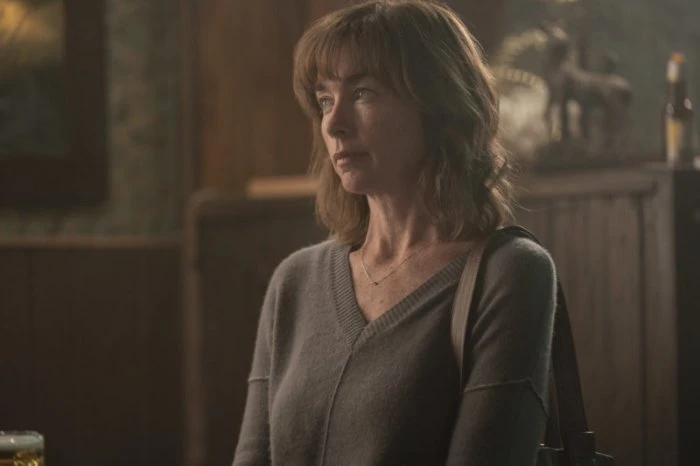
Her supporting cast are worthy of her. Julianne Nicholson as Mare's best friend is Winslet's equal in deliberately dimming her star quality. Jean Smart is both great fun and very subtle as Mare's affectionate and interfering mother. John Douglas Thompson is a convincing authority figure as Mare's soft spoken Chief - and whoever does his shirts deserves a special mention. It is good to see Gordon Clapp, from 'NYPD Blue,' in a small but important role. Evan Peters as a County detective assigned to assist Mare, initially very much against her wishes, won an Emmy for his work, as did Winslet and Nicholson - the show won its fourth, and arguably most deserved Emmy, for production design, and was nominated in ten other categories.
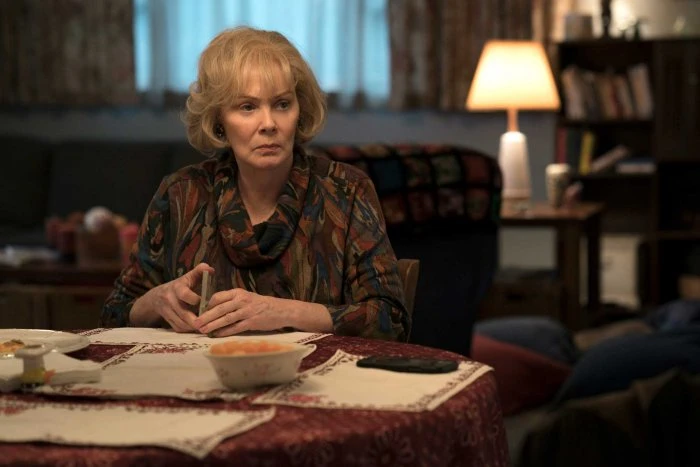
A win for the writing might have been even more deserved. It does not show off. It just seems right. The plot hints at the obvious, then dodges it. There are the requisite unexpected twists and red herrings, but they are not arbitrary. The conclusion is a genuine surprise, but it flows naturally out of what has happened before. It is not one of those shocks for the sake of a shock.
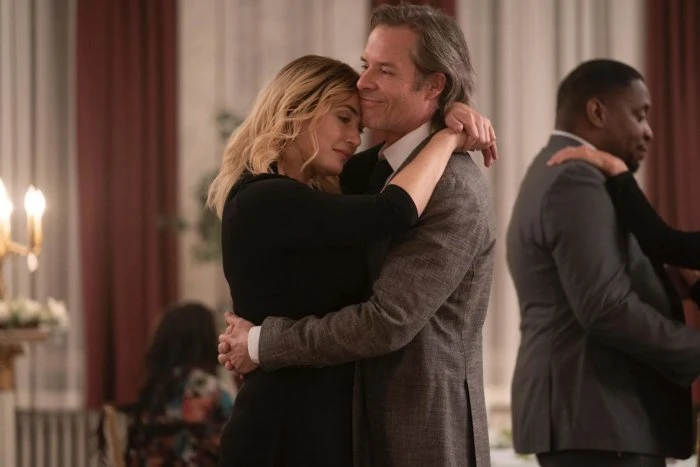
It is not flawless. Mare's convenient love interest seems completely out of place, and the fact that he is played by Guy Pearce makes him too perfect. Also, is there a worse cliché than the writer who wrote a successful book many years ago but has been unable to write another one since and is now teaching? More importantly, there is one big hole in the otherwise ironclad credibility of the whole thing: even in a small town where she was the only detective, surely Mare would have to recuse herself from a case where she had connections with so many of those involved - even if, ironically, it is those connections which prove decisive. Of course this is a criticism that could be levelled at a great many other shows but it stands out in Mare of Easttown precisely because it seems so realistic in almost every other respect.
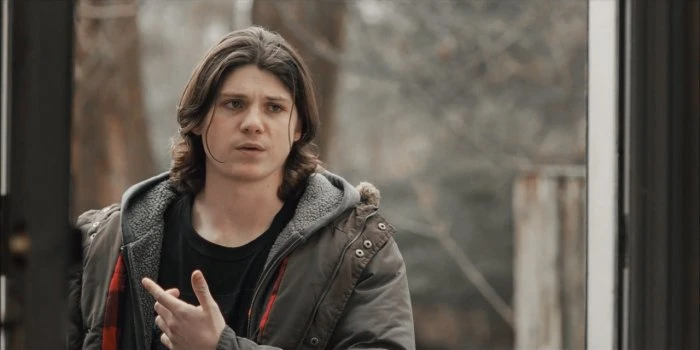
The conclusion is satisfying. There is a perhaps a paradox in the fact that a show set against the backdrop of family and community breakdown, and in which misguided family loyalty is part of the problem, is ultimately a celebration of the strength of family, and, to a lesser extent, community, as represented by the Parish.
It also has valid points to make about forgiveness. Mare of Easttown is less about finding the bad guy than it is about healing - even healing the sick community. Despite not being overtly political - indeed because it is not overtly political - Mare of Easttown serves as a powerful parable about where America is at the moment, and how it needs to find its own sense of family and community again if it is ever to heal.
Seen this show? How do you rate it?
Seen this show? How do you rate it?
Published on May 18th, 2022. Written by John Winterson Richards for Television Heaven.






